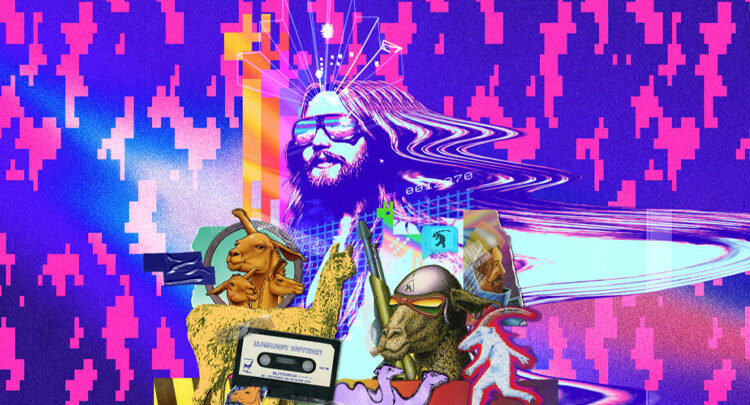Digital Eclipse had a slightly convoluted origin story, featuring mergers and re-acquisitions of their own name. Since their modern relaunch in 2015 they have specialised in collections of classic gaming franchises such as Mega Man, Street Fighter and Teenage Mutant Ninja Turtles. In 2023, Atari were so impressed with their work on the Atari 50: The Anniversary Celebration, that they acquired the whole studio.
Since that point they have launched the Gold Master Series, which utilises their custom Eclipse Engine technology to further Digital Eclipse’s aim to upgrade the state of game preservation by providing context and keeping games alive for future generations of gamers. The first game in the Gold Master Series was The Making of Karateka and the second, where I first encountered the series, was Llamasoft: The Jeff Minter Story.
You can see and/or hear more about my thoughts about Llamasoft: The Jeff Minter Story, which is part game collection and part documentary, in our recent podcast above (or the audio version here.) – But *spoilers* I thought it was pretty great and exactly what I wanted to see for the future of games preservation. That prompted me to dig deeper into the story behind Digital Eclipse and Chris Kohler, the Editorial Director, was kind enough to answer some of my questions.
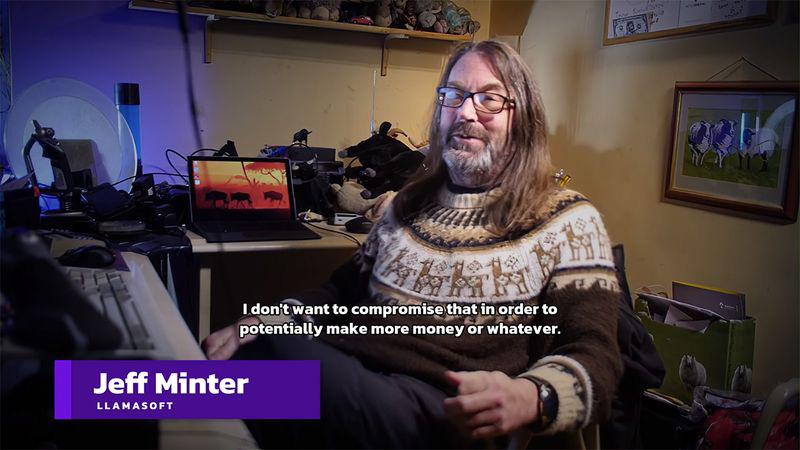
How difficult is the licensing for the playable games in a collection like this and is it easier when dealing with a solo developer like Jeff Minter?
It’s usually much more difficult than it appears from the outside. That’s why it’s great when we’re able to work directly with someone like Jeff who owns his own games!
What attracted you to working with Jeff Minter for a Gold Master Series treatment?
Jeff is one of the most unique creators within the game industry, and that’s as true today as it was 40 years ago. Many people who didn’t grow up in the UK in the 80s and 90s might only know Jeff’s work because of Tempest 2000 and later games. But he created so many games before Tempest 2000, and more to the point, if you look at all of those games you can witness the evolution of an artist. He has a fascinating history, just the sort of story we want to tell in the Gold Master Series.
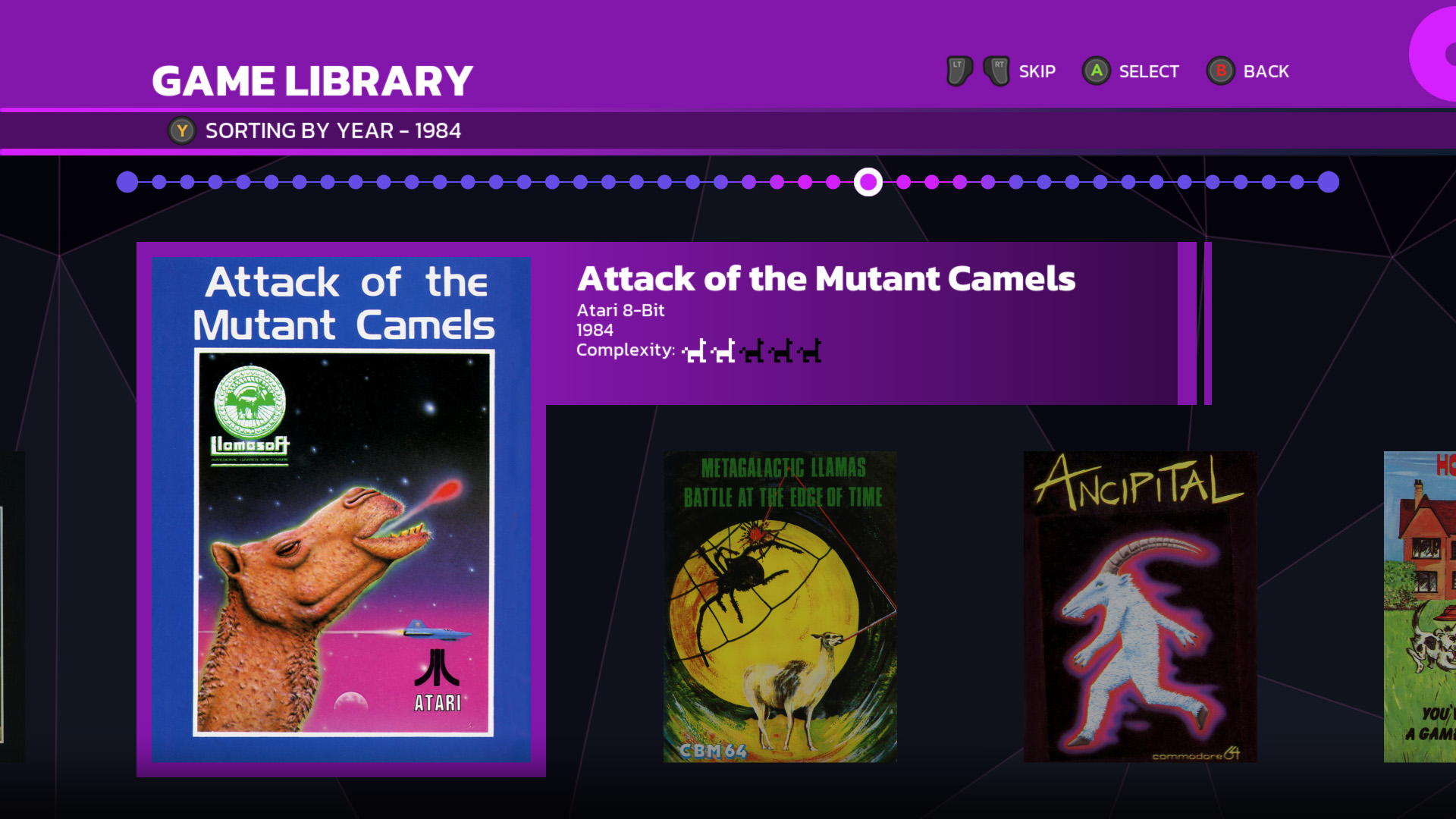
How important do you think this style of collection of games and a documentary is to the future of game preservation?
It’s vitally important to have the context around these games. A ROM file on the internet is not nearly enough, just as it’s not enough to have a random pretty painting on the wall of a museum with no additional context. We need to know who made it, when they made it, where they were when they made it, what tools they used to make it, and most importantly, we try to get to the question of why they made it. Why does this work of art exist? What was the broader context that led to its creation? That’s where we find meaning. We need to treat video games as worthy of this sort of treatment.
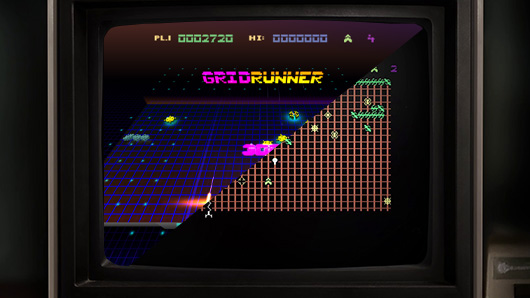
I loved that you had so many details on 3D objects, such as cassette tapes and the text on the back of game boxes – why do you think it was important to include such detailed recreations of 3D objects?
Again, it goes back to the idea that a video game is not just a ROM file or a dump of a cassette tape – it was a physical object that you’d hold in your hands, that took a certain form, and importantly, that held additional information that was important to the player experience, which you don’t get if you just have the raw game data. It’s about treating the video game like a holistic object – the box and the manual are all part of it! And while we could simply include a photo of the box, or a scan of the manual, by giving you that 3D object, we get closer and closer to letting you understand how players of the time would have interacted with the objects themselves. And of course that’s all part of our “interactive documentary” approach, of making that history hands-on.
What was your favourite bit of information you did not know about Jeff Minter before working on this Gold Master Series?
Jeff creating and selling his own version of Centipede without ever having played the original is an all-time baller move.
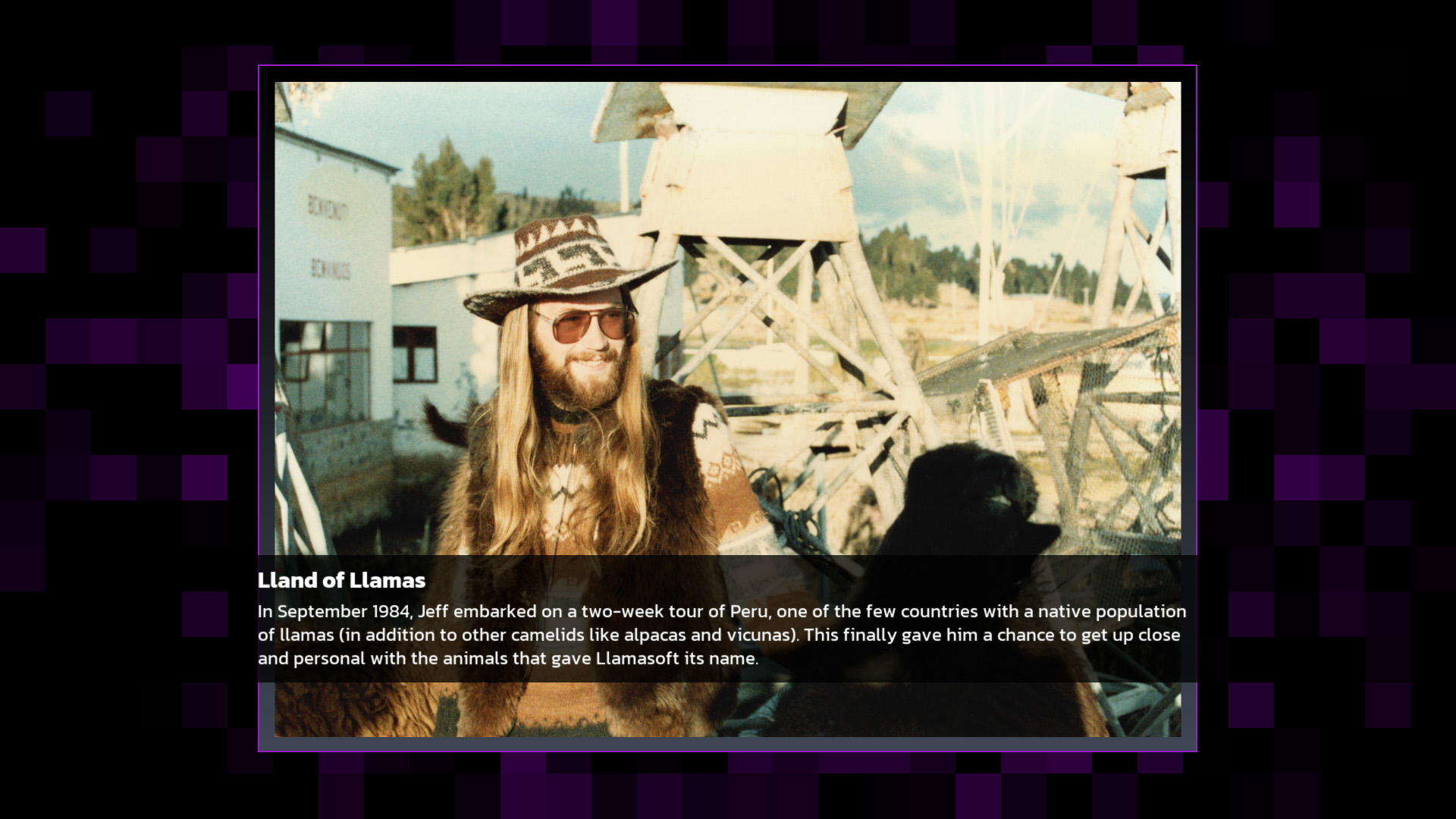
What attracted you to videogames as a topic for your books and documentaries?
I fell in love with Super Mario Bros. in 1987 and then that became my entire personality. Jury’s still out on whether that was a good idea. I am fascinated by the power of videogames
What additional features would you like to add for future Gold Masters Series and is there anything you can hint at for future subjects?
Personally, I would like to continue to find ways to make the content interactive — think about rotating the 3D boxes or the Rotoscope Theatre in The Making of Karateka. This is the hardest thing to do, of course. Also, good on you for asking, but I will not be giving out hints at this time. 🙂
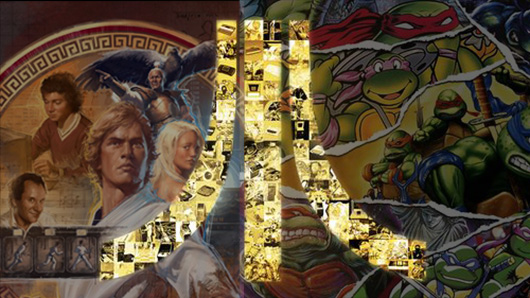
I may have failed in my mission to find out more about their future, but thankfully I have already found out more about Digital Eclipse’s past – both through this interview and just this week purchasing both The Making of Karateka and Atari 50: The Anniversary Celebration. While this was partly influenced by both of them currently being on sale on PSN, I could think of no better example of how highly I thought of the Gold Master Series and their approach to game preservation than putting my money where my mouth is. Hopefully providing more context here has convinced you to do the same, as good quality game preservation needs your support too.
